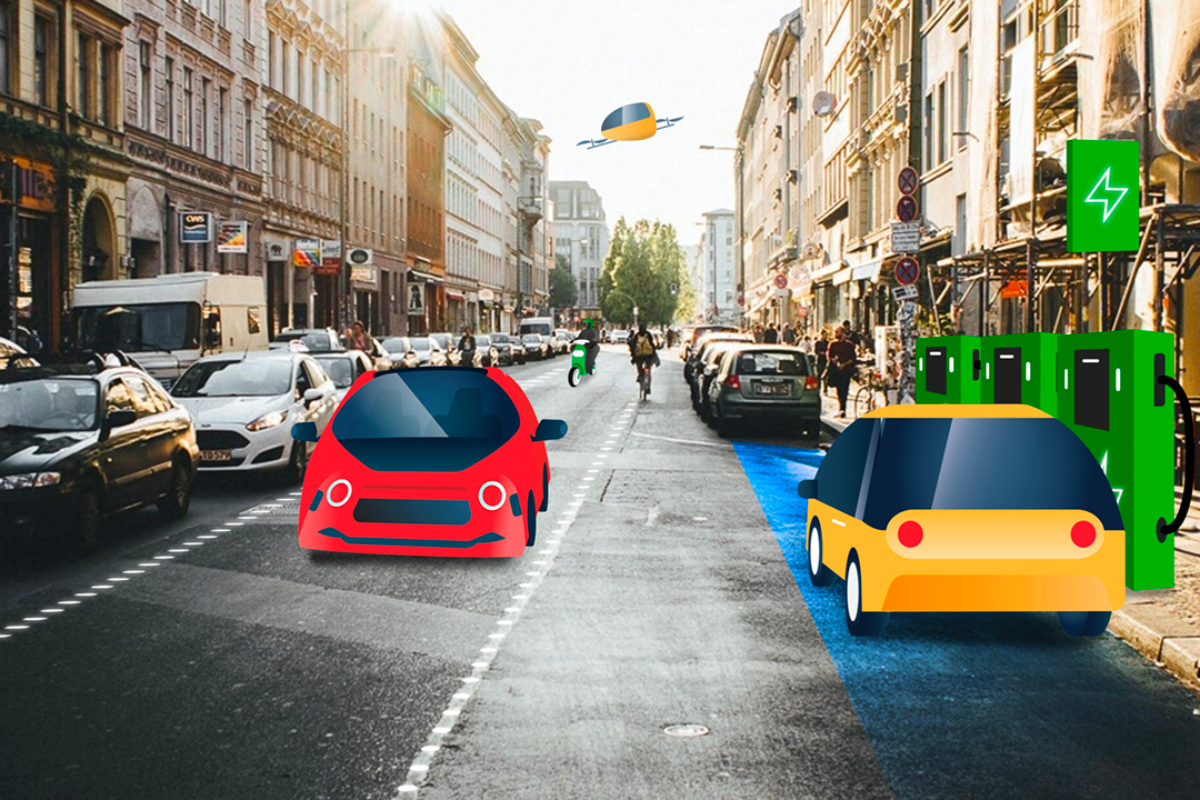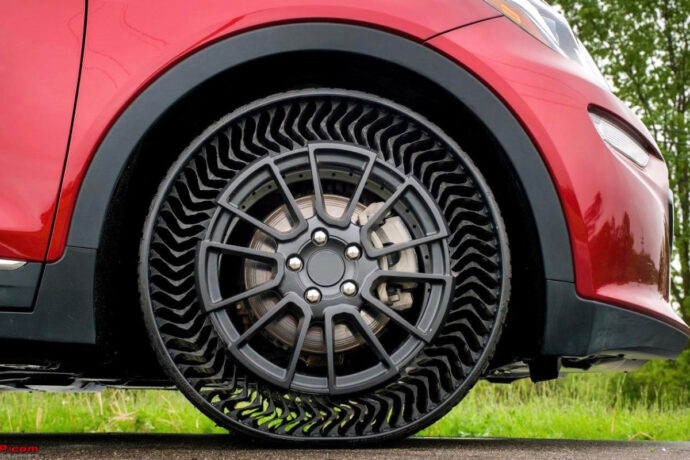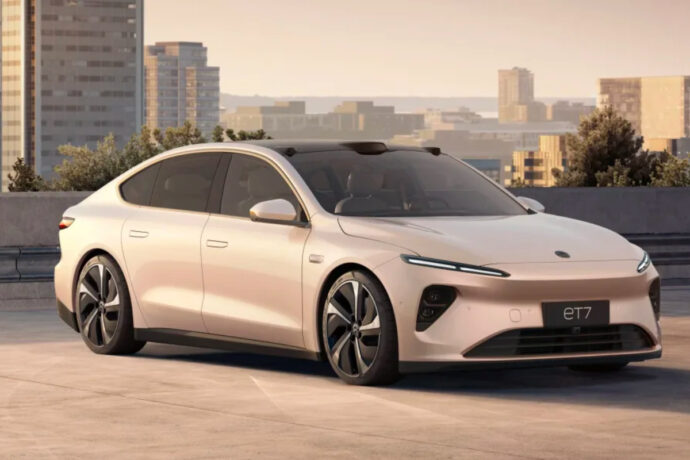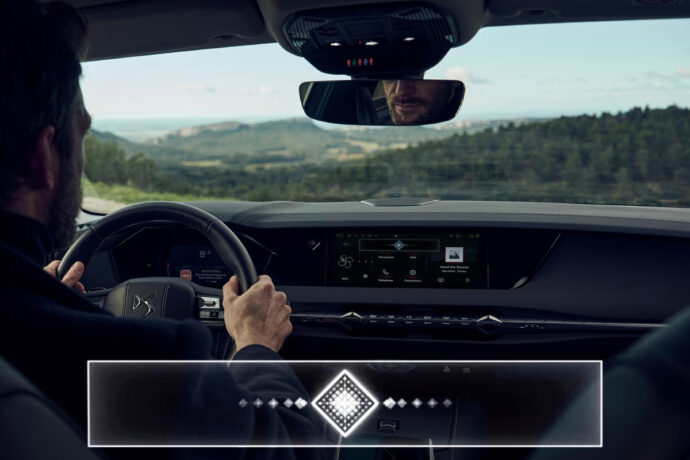
In the United States, automobiles reign supreme, shaping our landscapes, lifestyles, and even our health. However, the costs of this car-centric culture are mounting, with significant impacts on both individuals and the environment.
The High Costs of Car Dependency:
Car pollution contributes to greenhouse gas emissions, worsens air quality, and fuels health problems like asthma, heart disease, and obesity. Moreover, accidents involving vehicles lead to numerous fatalities and injuries annually, highlighting the dangers of our car-dominated society.
Reevaluating Car Culture:
The glorification of car ownership, reinforced by zoning laws and subsidies, has entrenched car dependency in American society. However, this model is no longer sustainable, necessitating a reimagining of urban design and transportation systems.
Shifting Towards Sustainable Solutions:
Recent trends, such as the rise of remote work during the pandemic and the adoption of congestion pricing in cities like New York, indicate a growing willingness to challenge car culture. Initiatives like prioritizing sidewalks and bike lanes over roads, reforming zoning laws, and promoting public transportation can help reduce car dependency.
Policy and Behavioral Changes:
Addressing car dependency requires a multifaceted approach, including policy reforms and shifts in societal attitudes. Measures like incentivizing alternative modes of transportation, implementing variable parking pricing, and promoting public awareness campaigns can encourage a shift away from car reliance.
Overcoming Resistance and Industry Influence:
Resistance to change, fueled by industry lobbying and entrenched cultural norms, poses a challenge to efforts aimed at reducing car dependency. However, public support for alternative transportation options and awareness campaigns can counteract industry influence and promote sustainable solutions.
Cultivating a New Mindset:
Changing attitudes towards car ownership requires a concerted effort to highlight the benefits of alternative modes of transportation. Public service announcements and advertising campaigns can play a crucial role in promoting biking, public transit, and walking as viable alternatives to car travel.
To create healthier, more sustainable communities, we must challenge the dominance of car culture and embrace alternative modes of transportation. By prioritizing pedestrian-friendly infrastructure, promoting public transit, and shifting societal attitudes, we can build a future where cars no longer reign supreme.



